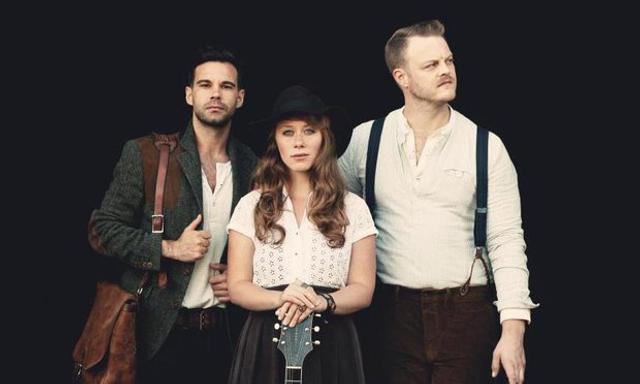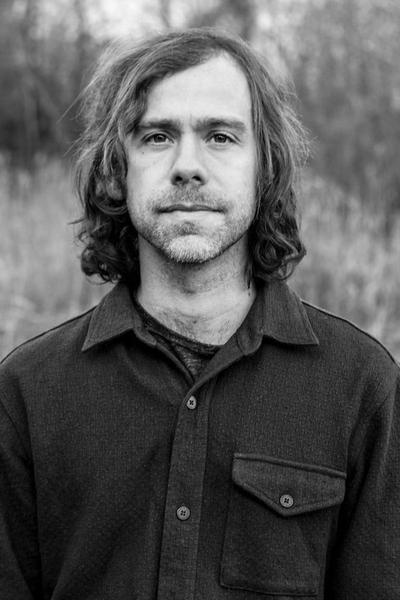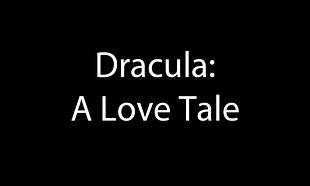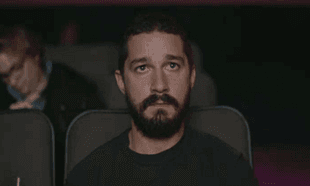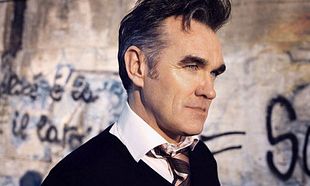You may not have heard of The Lone Bellow just yet, but the Brooklyn-based folk-rock trio are bound to be on your radar by the time 2015 rolls to a close.
Formed in 2011 by Zach Williams, their brand of sweet alt-country and rousing folk-rock has been generating quite a buzz Stateside and will appeal to fans of acts like The Low Anthem, The Lumineers et al.
Entertainment.ie have an exclusive stream of their second album 'Then Came the Morning' for you to hear ahead of its release this Friday - and we also caught up with Williams to get the story behind the band's formation, his own transition from writer to musician, and the creation of 'Then Came the Morning' with its producer, Aaron Dessner of The National.
Enjoy!
[Scroll to the end for the stream]

Hi Zach! I guess a good place to start is your own background; where did you grow up? Do you come from a musical family?
I grew up in a town called Acworth, GA. It's a classic southern town and I have way too many family members populating the area. I grew up spending the summers at my grandparents house in White, Georgia where they lived on a farm and raised cattle. My grandmother plays a very specific type of piano sound that has a lot to do with southern gospel music. My grandparents and all their 6 kids had a short stent where they had a traveling family band singing at small churches in a several hundred mile radius to Acworth. I grew up in a conservative home where I wasn't allowed to listen to contemporary music, but I could listen to the oldies, rhythm and blues and country as much as I wanted to. I grew up on Sam Cooke, The Highwaymen and Aretha.
That's quite an education. Does the music you heard as a kid continue to influence you as a writer?
Absolutely. My grandmother loved Dolly Parton, my grandfather loves Cash, my parents love old gospel music. I do love my grandfather's way of talking when he tells you a story. He has a rhythm to his words and what he concentrates on. I believe that storytelling is something I draw from a good bit.
The origin story of your transition into a musician is really unusual; you began by keeping a diary after your wife was temporarily paralysed after a horse-riding accident. How difficult was it to transpose those intense emotions into songs?
It was cathartic. If anything, it was hard for the audience listening. Especially when I would go to open mics and sing my "songs" in the beginning stages. Those poor kind souls. I was a wreck. (laughs)

Ha. Given the fact that you turned to your journal as a creative outlet, had you ever harboured any ambitions to be a writer/novelist, rather than a musician?
Ha! No way. However, I have always wanted to be a great storyteller. My uncles, aunts, parents, and grandparents all have amazing storytelling secrets. When I was a boy, they would keep me up all night.
It seems like The Lone Bellow really began to take shape when you moved to New York. What did you hear in Brian [Elmquist - guitar, vocals] and Kanene [Donehey Pipkin - mandolin, vocals] that made you want to make music with them?
Well, I moved to NYC and pursued music on my own for several years. Brian and I actually both set aside our solo projects that we had been working on for years to do The Lone Bellow. I believe that one of the main reasons why it's turning into what it is now is because everyone in The Lone Bellow has the full authority to say "that's no good" to anyone else in the band. This means that when we are creating there is a trust that even though someone doesn't think you have a good Idea, it doesn't necessarily mean they don't believe in your work as a whole. I believe this creative atmosphere lends to better work than when I was a solo artist.
When it came to writing this album, what changed since the debut - if anything?
I've thought a lot about that… I think the writing and recording of this record was so life-giving to all of us that we didn't ever stop to worry about it. I do recall stressing out about which of the 40 new songs would make the cut for this new record. We had so much more time to work on [the new album]. Even though we were touring, we didn't have other jobs when we made this new record, so our entire creative minds were wrapped around it and on top of that we had the margin to be able to go live in a cabin for a few weeks in the middle of the woods and basically live in Dreamland Studios during the day. Which - Dreamland being an old church turned into a studio in the '60s - is full of inspiring vibes.
You worked with Aaron Dessner from The National on this album – how was that connection made, and what was he like as a producer?
Our friend Chris Pereira read an article about Aaron and Matt from The National and told us that we should try to work with him, because he loved the way Aaron spoke about his relationship with his bandmates and how they create together. When we reached out to him, we found out that folks had mentioned to him that he should work with us. We live very close to each other in Brooklyn as well. By the time I was listening to Sharon Van Etten's album, I was hooked.
Working with Aaron was eye opening. He is a kind person who cares more about the people he is working with than the actual work that they are creating. Of course, that didn't mean that he never pushed us. He is a focused creative mind with a lot of clarity and he has been surrounded by like-minded people who genuinely care about each other and love going down the rabbit holes together. For instance, Aaron and Peter Katis were like two brothers sometimes lovingly picking on each other and ultimately pushing the boundaries of what they create.

Was there any overarching theme connecting these songs together?
Absolutely, a couple themes that popped up were family lore and southern gothic. A few of the stories for instance "fake roses" are about people who have shaped our lives and who have also lived through terribly difficult situations. There is also an overarching theme that is personal to me which is a natural extension of our last record, but I won't bore you with the details.
Aww. Well, what's the one feeling that you want people to take away from this album?
I'm not sure if I can sum that up in one word. I guess I just hope it helps us and others want to pay attention to the life around them.
You're relatively well-established in the US and have a following on this side of the Atlantic, too – but does coming to Europe and trying grow your audience feel a bit like taking a step backward?
We're in a crappy van here in the US! (laughs) It doesn't feel that way at all. Every night is different everywhere we go. It's a humbling journey.
A lot of people are putting you in the same bracket as acoustic-based acts like Mumford and Sons, The Lumineers and The Civil Wars, etc. – are you OK with that?
Ha! Well, a good song is undeniable no matter what instrumentation is accompanying it. I believe all those wonderful people have many wonderful songs. I'm honoured that folks even talk about our music at all. I do wonder what they will think about Brian's face-melting noodles on the guitar.
Finally, can we expect to see you in Ireland anytime soon?
Absolutely! I'm terrible about knowing what's happening next, but I'm sure someone can tell you. Thank you for listening!
